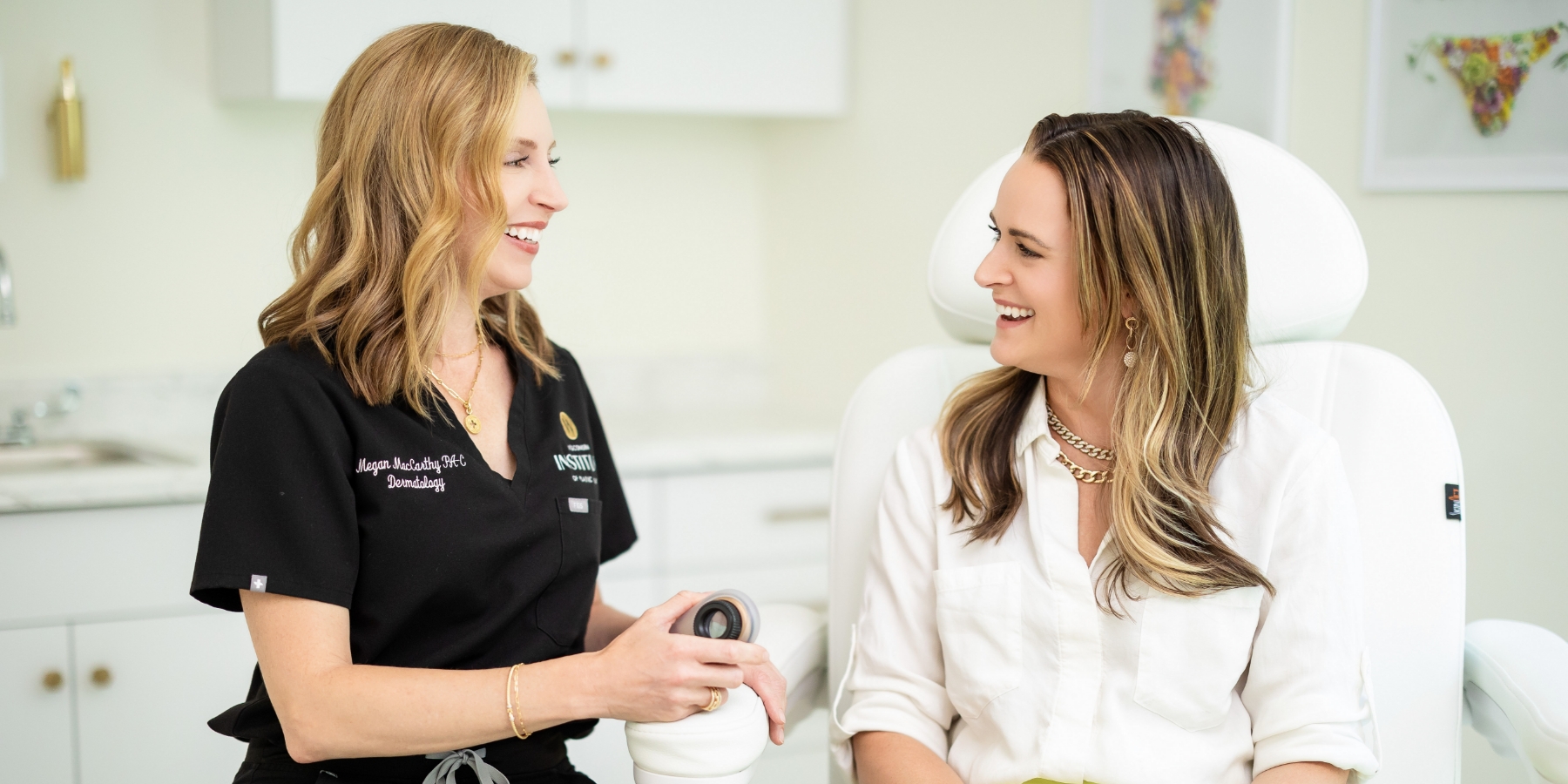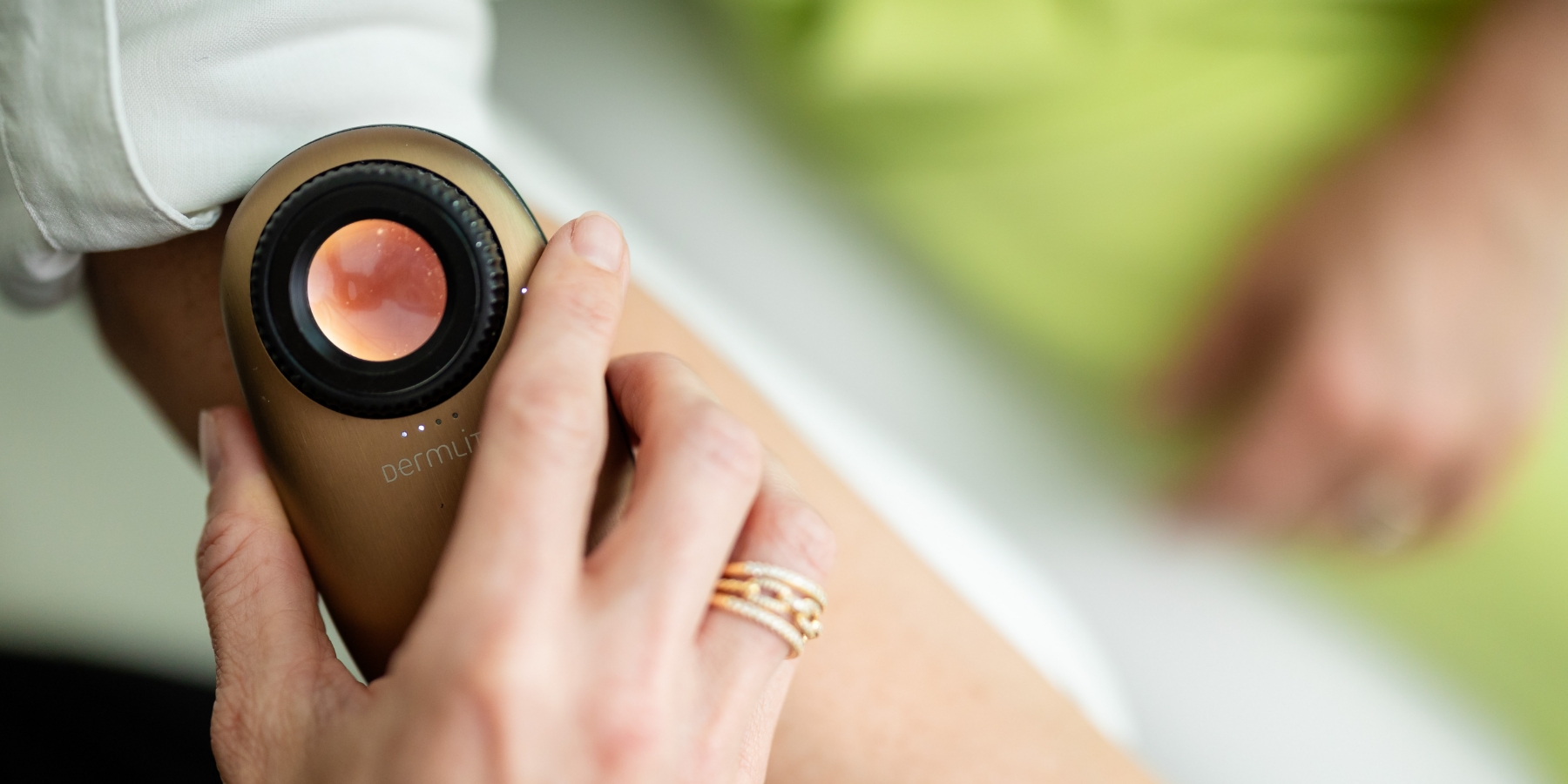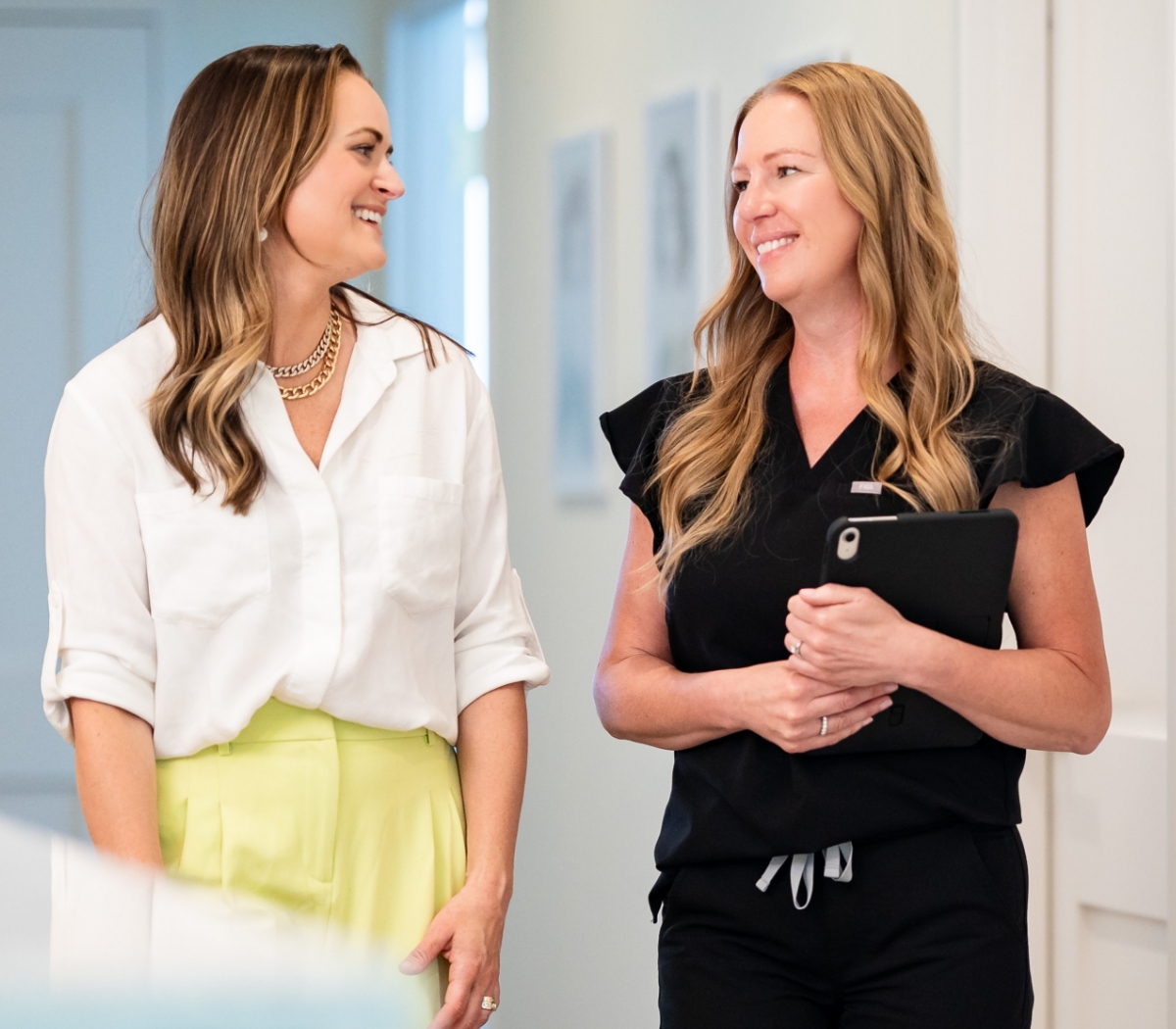 Skin cancer is the most common type of cancer in the entire U.S. There are many varieties of skin cancer, and they range in terms of how dangerous they are. No matter which type of skin cancer you are dealing with, the best way to maximize your likelihood of complete remission is to ensure prompt detection and early intervention.
Skin cancer is the most common type of cancer in the entire U.S. There are many varieties of skin cancer, and they range in terms of how dangerous they are. No matter which type of skin cancer you are dealing with, the best way to maximize your likelihood of complete remission is to ensure prompt detection and early intervention.
At the Wisconsin Institute of Plastic Surgery, we take skin cancer seriously. We are always prepared to help our patients in Green Bay and Appleton to monitor their signs and symptoms. When necessary, we can provide further treatment or refer the patient to a skilled oncologist.
What is a Skin Cancer Screening, and What is it Used For?
Often, the warning signs of skin cancer are visible to the naked eye. Sometimes, you may notice these signs yourself. In other cases, they may require a closer inspection from a trained clinical professional. A skin cancer screening is a thorough, visual evaluation of your skin, which may involve checking the size, shape, and texture of any lumps, moles, or discolored areas on your body.
During your screening, your provider will carefully inspect your body for any unusual growths or indicators that you are at high risk for skin cancer. A skin cancer screening is not used to diagnose cancer, but in some cases may result in your provider recommending a biopsy. This test, performed on a tissue sample from any unusual growths or areas of concern, can be used to confirm whether or not you have cancer.
A skin cancer screening is an important way for us to detect cancer early and intervene rapidly, which significantly increases the likelihood that treatment will prove successful.
 When Do I Need a Skin Cancer Screening?
When Do I Need a Skin Cancer Screening?
We generally recommend annual skin cancer screenings for patients who are in higher-risk categories for developing skin cancer. Some of the most common risk factors include:
- Fair skin. Patients who have a very light skin tone are more likely to develop skin cancer. We also recommend screenings for those with red or blonde hair, light-colored eyes, or abundant freckles.
- Family history. If there is any skin cancer in your family tree, we recommend getting a skin cancer screening on a regular basis.
- History of sunburns. Regular skin cancer screenings are recommended for those who burn easily, as well as those whose work or hobbies require them to spend a lot of time in the sun.
- Moles. Everyone has a few moles, but patients with a higher number of moles may want to come in for skin cancer screenings from time to time. Also, consider having moles examined if they change in size or color.
Meet Our Team
At the Wisconsin Institute of Plastic Surgery, our dermatology physician assistants, Colleen Van Egeren, PA-C and Megan MacCarthy, PA-C, have 34 years of combined experience treating various skin conditions. As dermatology specialists, they would love to talk with you about your needs and recommend a skincare treatment program just for you.
What to Expect?
For patients who have never had a skin cancer screening, it is natural to have a few questions about the process. Here is a rough guide to what you can expect from your screening here at the Wisconsin Institute of Plastic Surgery.
During The Appointment
During a skin cancer screening, your provider must be able to check your entire body for any unusual signs or growths. As such, we typically ask patients to undress, then put on a gown. One of our dermatology physician assistants will then check your entire body, from your scalp to your toes, for anything unusual or concerning. A special magnifying glass may be used to look at certain markings, especially those harder to see with the naked eye. Your provider will let you know if everything looks normal or advise you when a biopsy is recommended.
How Long Does a Cancer Screening Usually Take?
Most skin cancer screenings are very brief. You can expect your screening to last no more than 15 minutes or so.
After The Skin Cancer Screening?
If you have moles or other areas that look like they could be cancerous, your skincare specialist will order a biopsy. This will involve a small sample of skin tissue being extracted, then carefully examined. If it turns out that the tissue is cancerous, your provider will talk with you about the next steps for getting treatment. Assuming you do not have any skin cancer, your provider will tell you when they recommend you schedule your next screening.
Will I Need to Do Anything to Prepare for the Test?
There is not much you need to do to get ready for your skin cancer screening. We do advise patients not to wear any makeup or any nail polish. Additionally, wear your hair in a loose style that will make it easy for your provider to check your scalp.
Schedule a Skin Cancer Screening at the Wisconsin Institute of Plastic Surgery
With over three decades of experience in dermatology, our providers have been providing a high quality of care to patients in Green Bay and Appleton.
We are happy to provide the care you need to maintain healthy, radiant skin. To schedule a skin cancer screening, contact our office at (920) 380-9890.





